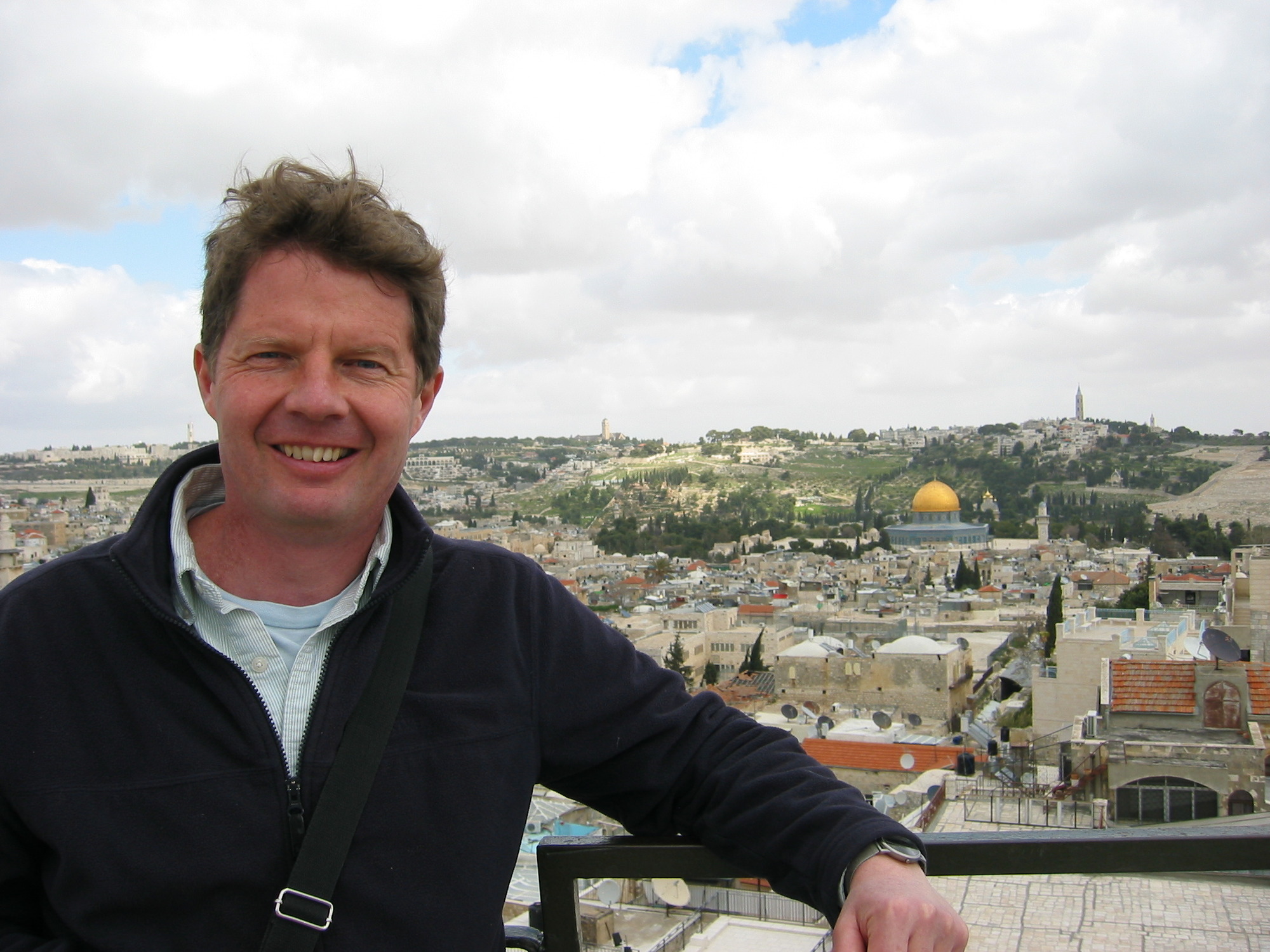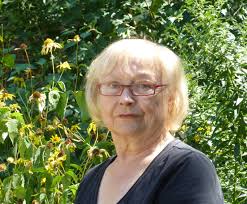Keynote speakers:
Nicholas Blomley (Professor, Simon Fraser University)
Nicholas Blomley is Professor of Geography at Simon Fraser University in Vancouver, Canada. He is a geographer, with a general interest in law, and a particular interest in property in land. His work includes the tracing of property in many conflicts and social relations, including gentrification, urban gardening, the municipal regulation of panhandling and, most recently, indigenous-state treaties. His current work focuses on the use of ‘area restrictions’ included in bail and sentencing conditions imposed in the context of criminal proceedings involving marginalized groups of people. He is also part of a large collaborative project exploring the liquidation of Japanese-Canadian property after WWII.
.
Gerda Wekerle (Professor Emeritus, York University)
Gerda Wekerle is Emeritus Professor a the Faculty of Environmental Studies at York University. Her award-winning work focuses on growth, urbanization, sprawl and nature, public policy, local government and local politics, social movements, urban agriculture, and gender and the neoliberal city. Her research and work with women’s organizations in the 1990s successfully led to improvements in Toronto Transit Commission services for women, including requesting stops after 9 pm, designated waiting areas, better camera systems, and a women’s security committee to advise on the design of the Sheppard subway. Dr. Wekerle retired from York University in 2015.
___
.
,
Challenging Traditional Notions of Property in Land Use Planning” - Interdisciplinary Workshop
Property in the common law tradition is conceived as a right to something, whether physical or not, that is disconnected from the object or idea itself. Property interests are almost always hierarchical and exclusionary. An emerging body of property law scholarship is challenging the basic tenets of the discipline, arguing that property law is a form of spatial, temporal order that can function as a tool of governance. This critical legal scholarship posits that the right to exclude should not be considered the core of private ownership, arguing instead that property is rooted in more a complex set of social contract relationships. Interdisciplinary legal geography projects similarly challenge the hierarchical and exclusionary notions of property law and instead embrace a plurality of legal orders and a messy collection of interests.
One key application of this scholarship, both empirically and theoretically, concerns land use planning. Land use planning conflicts over privately owned land use can be used to reveal the complexity of contemporary property relations. A critical challenge is to confront complex property rights that exist in built environments, triggering multiple actors such as local and provincial governments, First Nations, developers, neighbourhood associations and the public. At the same time, legal systems acknowledge that persons are entitled to equal treatment within the applicable administrative and political bodies that shape and resolve planning disputes. To effectively resolve conflicts related to spatial development, a deeper understanding of the complex interactions between land use planning, governance models and resulting property rights is required.
This two-day interdisciplinary workshop will take place June 9 and 10, 2016 with the support of Osgoode Hall Law School and The City Institute. It is aimed at early career scholars – senior doctoral students, postdoctoral students, and new faculty – querying how the planning process can be reimagined in light of emerging property, environmental and administrative legal scholarship, together with important work taking place in geography, urban studies and other social science disciplines. The event itself will be free of charge for approximately 30 invited participants.
The event will showcase Nicholas Blomley (Professor, Simon Fraser University) and Gerda Wekerle (Professor Emeritus, York University) as keynote speakers. The conference will include 6 workshops, each with 3-4 participants, grouped by theme. All participants will be asked to submit papers (maximum 5,000 words), which will serve as the basis of discussion. Each workshop will include a faculty discussant who will provide feedback on the papers. We anticipate publication of workshop submissions in a specific journal issue and/or an edited book. The event is supported by Osgoode Hall Law School and the York University City Institute.
If you are interested in attending, please send a 250 word abstract, together with a one-page cv, to Alexandra Flynn (aflynn@osgoode.yorku.ca) by February 26, 2016. Accepted participants will be notified by March 4, 2016. Papers will be due by May 13, 2016.


